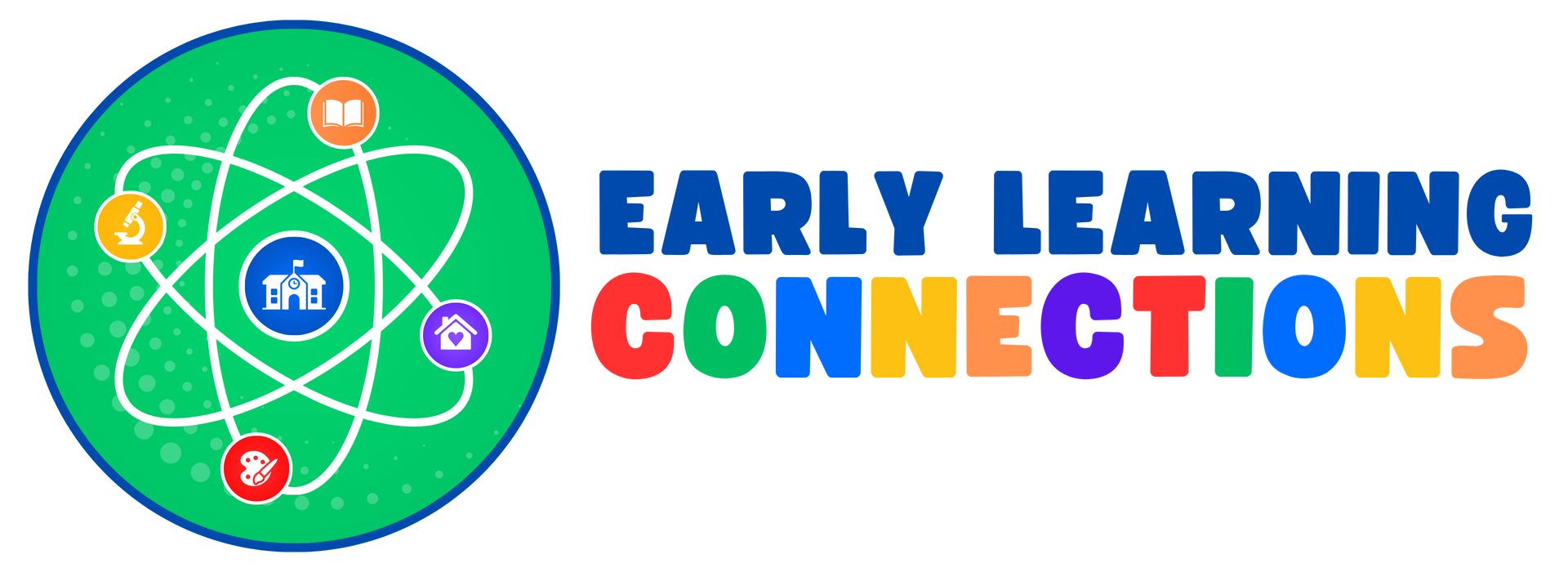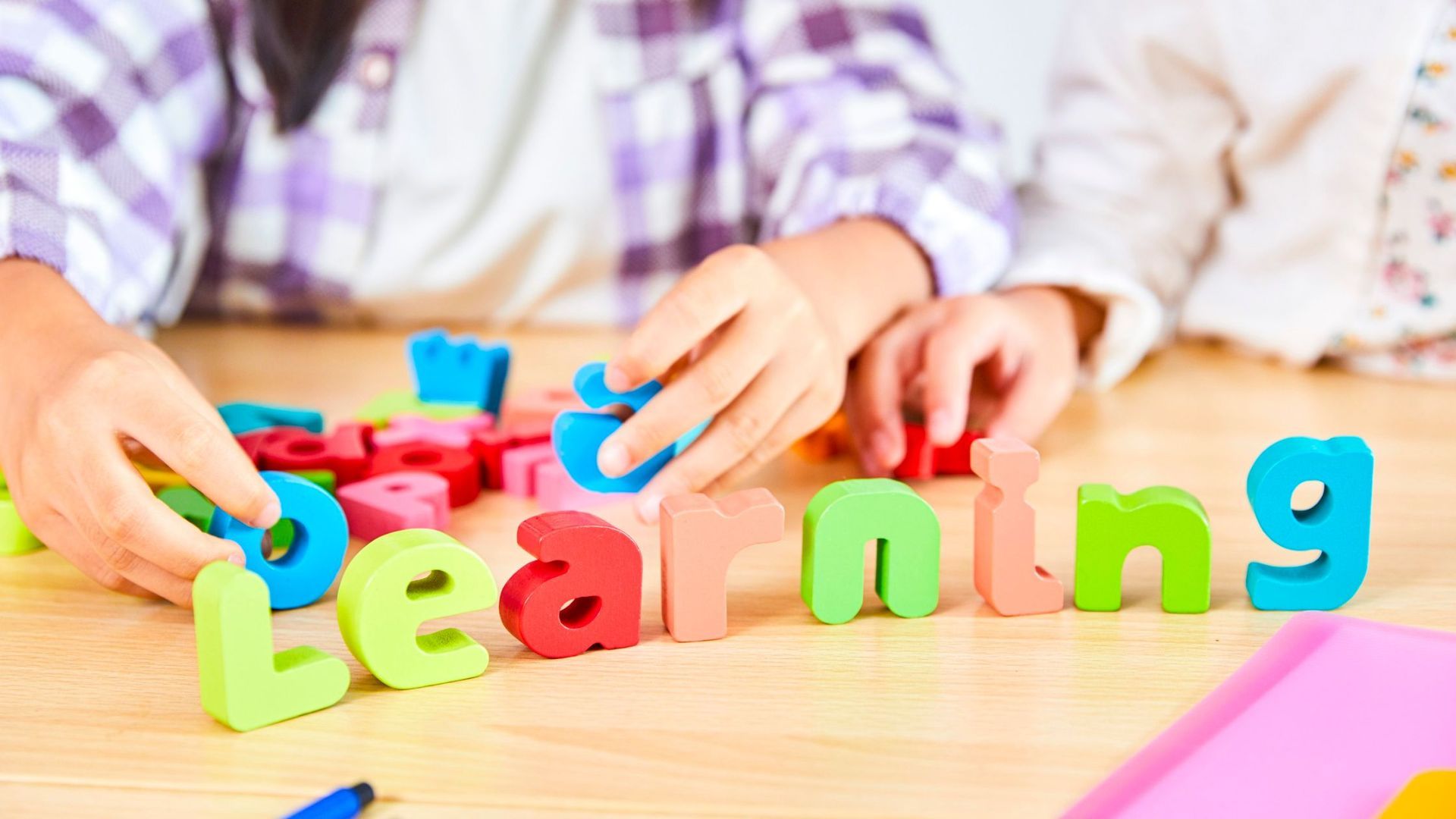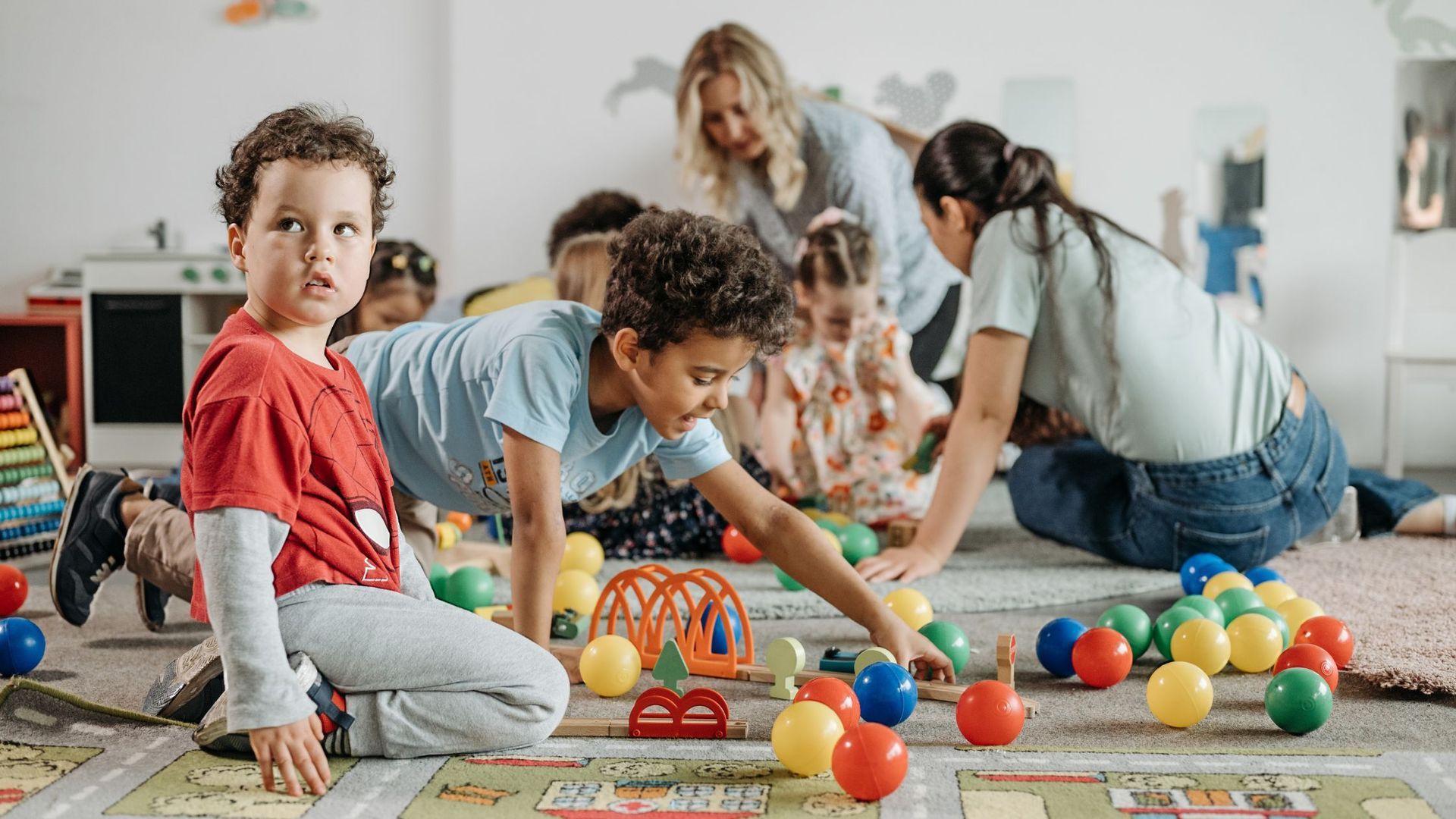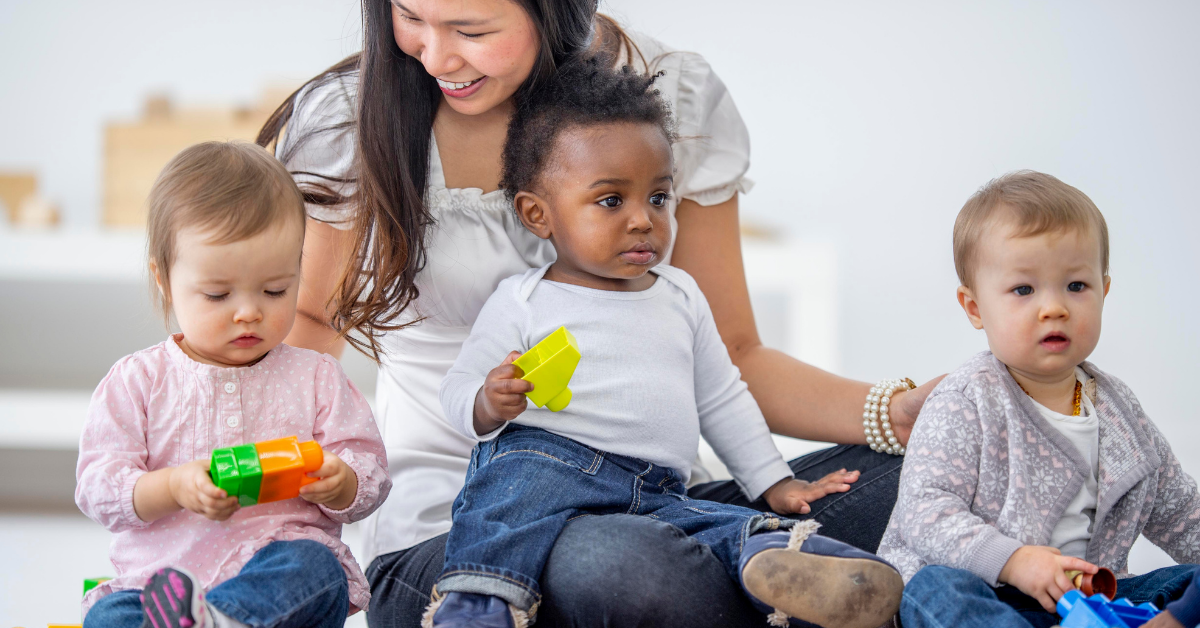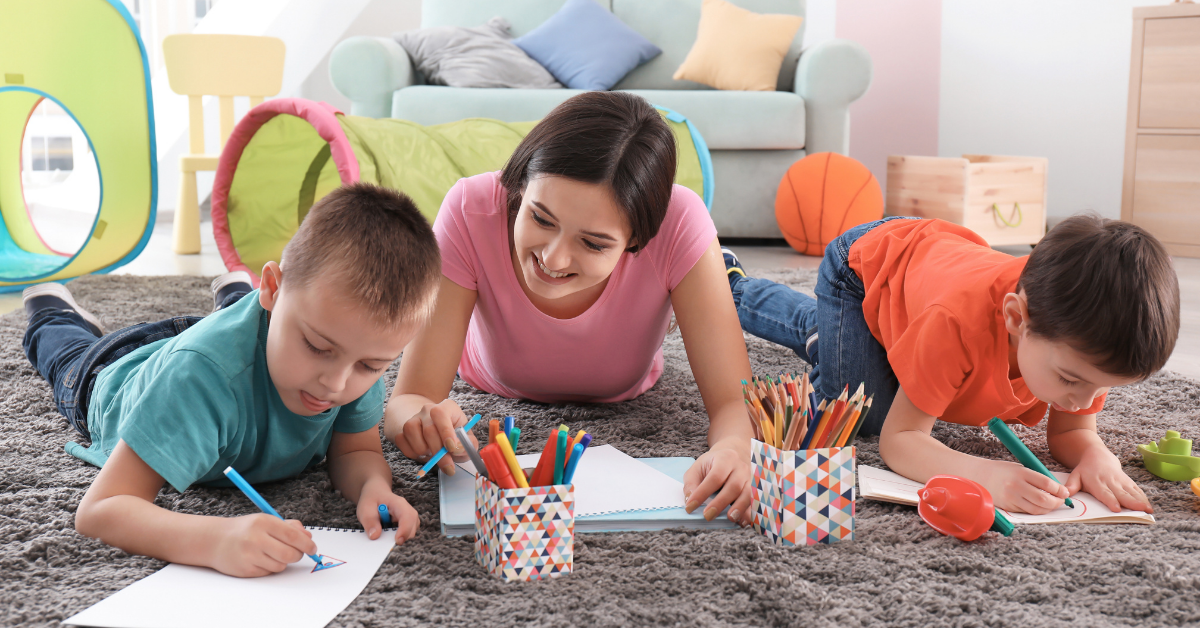The Role of Music in Early Learning Music

Music has always been a fundamental part of human culture, but its significance extends beyond entertainment. For young children, music plays a crucial role in cognitive, emotional, and social development. From lullabies that soothe infants to playful nursery rhymes that enhance language skills, music shapes early learning experiences in profound ways.
Cognitive Development and Music
Research suggests that exposure to music in early childhood can significantly improve cognitive functions. Learning an instrument, for example, strengthens memory, enhances spatial reasoning, and boosts problem-solving skills. Musical rhythms and patterns help children develop mathematical abilities, as recognizing beats and sequences closely aligns with understanding numbers and calculations.
Additionally, singing songs with repetitive lyrics improves linguistic skills, helping toddlers expand their vocabulary and comprehension. Studies have shown that children who engage in musical activities tend to have better phonemic awareness, which is a strong predictor of reading success.
Emotional and Social Benefits of Music
Music fosters emotional intelligence by allowing children to express their feelings in a safe and creative way. A simple melody can evoke happiness, comfort, or even excitement, helping children develop a deeper understanding of emotions. This emotional connection is particularly beneficial for children who struggle with verbal communication, giving them an alternative way to express themselves.
Socially, group musical activities like singing or playing instruments promote teamwork, cooperation, and patience. Whether in a classroom setting or a casual playgroup, children learn to take turns, listen to others, and synchronize their efforts, which are essential social skills.
The Connection Between Music and Motor Skills
Music and movement go hand in hand. Dancing, clapping, or tapping to a beat helps refine motor skills and coordination. Simple activities like playing with percussion instruments improve hand-eye coordination, while action songs with gestures (e.g., “If You’re Happy and You Know It”) enhance physical development.
Moreover, music-based movement activities encourage children to engage in physical exercise in an enjoyable manner. This early exposure to active play sets the foundation for a healthy lifestyle and improves overall physical fitness.
Music as a Learning Aid
Educators frequently use music as a tool for teaching various subjects. Alphabet songs, counting rhymes, and educational jingles make learning more engaging and memorable. For instance, many children learn the alphabet more easily through the ABC song than through simple recitation.
Music also helps with focus and attention span. Background classical or instrumental music has been shown to improve concentration during activities like drawing, reading, or solving puzzles. The right kind of music creates a calming atmosphere, reducing stress and anxiety while enhancing productivity.
Cultural and Creative Enrichment
Introducing children to diverse musical genres broadens their understanding of different cultures. Traditional folk songs, world music, and classical compositions expose young minds to global traditions and perspectives. This fosters curiosity and appreciation for cultural diversity from an early age.
Creativity also flourishes through music. Whether composing their own tunes, improvising lyrics, or experimenting with different sounds, children develop their creative thinking abilities. Encouraging musical exploration strengthens imagination and problem-solving skills, which are essential for intellectual growth.
Practical Ways to Incorporate Music into Early Learning
- Sing during daily activities – Make everyday tasks like cleaning up or getting dressed more fun with songs.
- Play a variety of music – Expose children to different genres and instruments.
- Encourage musical play – Provide simple instruments like tambourines, maracas, or xylophones.
- Engage in movement-based songs – Songs with actions help develop coordination and listening skills.
- Create a musical bedtime routine – Soft lullabies or relaxing melodies can promote better sleep.
Just as structured routines provide children with stability and support cognitive development, incorporating music into daily schedules enhances learning and emotional well-being. Learn more about the benefits of structured routines for young children.
Music and movement go hand in hand, much like the benefits of outdoor play, which supports physical, emotional, and cognitive growth in young children. Discover the importance of outdoor play in child development.
Conclusion
Music is much more than a form of entertainment—it is a powerful educational tool that enhances early childhood development in numerous ways. From improving cognitive functions and social skills to fostering creativity and emotional intelligence, music lays the foundation for lifelong learning. By incorporating music into everyday experiences, parents and educators can create an engaging, enriching, and joyful learning environment for children.
